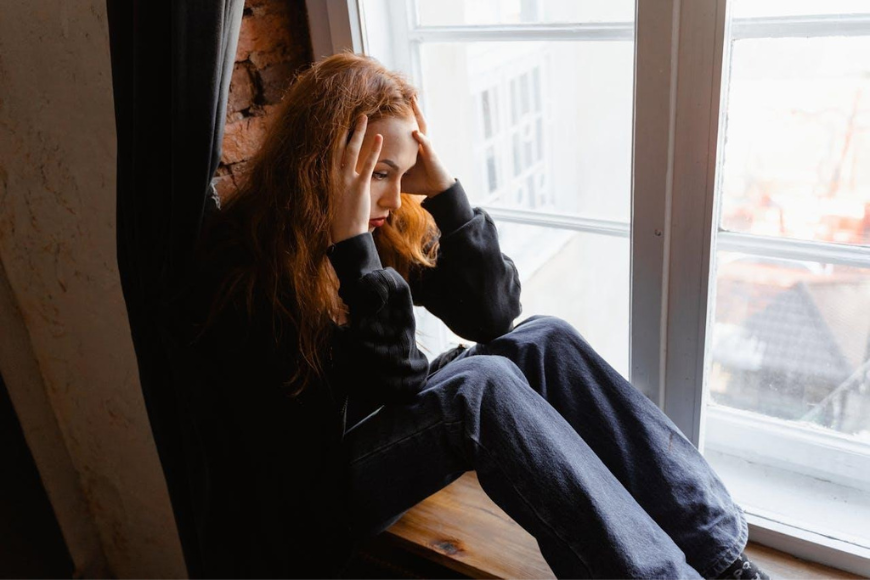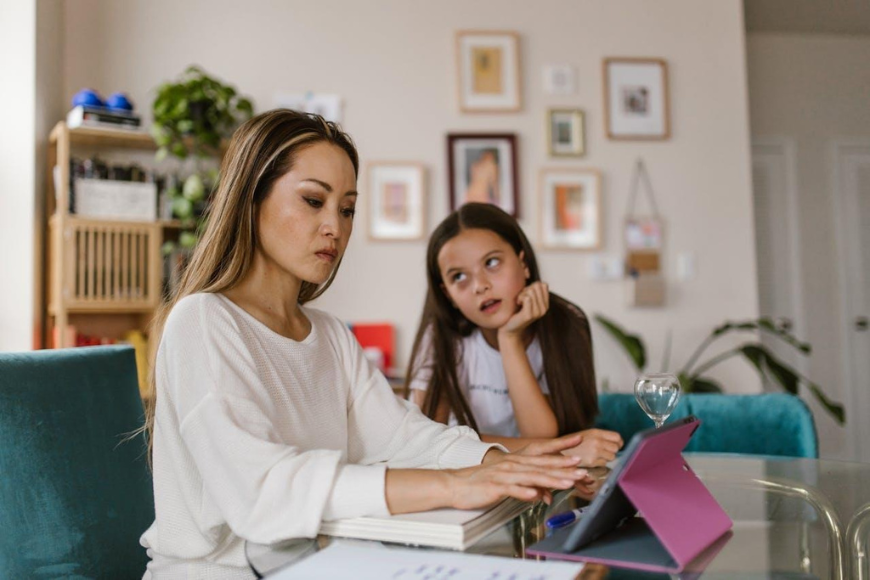How Past Experiences Can Shape the Coping Patterns We Rely On
Most of us have our own way of dealing with stress. And while some of these coping habits feel instinctual, they’re rarely random. More often than not, they’re echoes of earlier chapters of our lives - things we picked up long before we realized we were learning anything at all. Now, the question isn’t if past experiences can shape the coping patterns we develop and hold onto for dear life. We know they do - it’s been confirmed by numerous studies. The real enigma is why and in what ways they affect us, which is precisely what we’ll try to explain today.
Coping by observation
If childhood had a job description, "watch and learn" would sum it up perfectly. Namely, long before we develop the language to explain what we're feeling, we absorb how others around us handle life.
If a parent slams the door during conflict, we might come to see withdrawal as a go-to response. If we grow up around calm problem-solvers, maybe we learn to talk things out. It’s not a conscious process - it’s more like osmosis. Emotions, reactions, silence, stress…we soak it all up.
Over time, these observations become default settings. We may not realize we’re mirroring anything, but those childhood patterns often sneak into adulthood. What we once watched becomes what we now do. So when pressure builds or life throws curveballs, we reach for familiar tools even if they don’t really help us anymore.
When trauma teaches you to survive, not thrive
Now, here’s where things get heavier. When past experiences include trauma - neglect, abuse, instability, loss - those coping patterns get carved even deeper. And it’s not just emotional. It’s neurological.
Researchers have been digging into this for years, and one of the clearest explanations comes from the reformulated Emotional Security Theory. A long-term review published via ResearchGate found that when children grow up around chronic conflict, their emotional security takes a hit - not just temporarily, but in ways that shape how their stress‑response system develops. Kids exposed to high-conflict environments become more sensitive to threat, more reactive to stress, and more likely to carry those survival-based coping styles into adulthood. In other words, the nervous system learns chaos before it ever learns calm.
How trauma and addiction get tangled
Some coping habits look harmless at first. Scrolling late at night, skipping meals, and overworking to stay busy. But for many people, these are early signs of emotional overload - ways of managing feelings they were never taught how to hold, especially when trauma is in the background.
See, trauma doesn’t only leave bad memories. It changes how the nervous system reacts to stress, as mentioned, how we regulate emotions, and even how we interpret danger or connection. Calm might feel suspicious to someone who grew up feeling constantly unsafe. Vulnerability? Terrifying. So instead of sitting with discomfort, the instinct becomes to escape it. Sometimes at any cost.
And that cost often shows up gradually, in the form of behaviors that numb more than they heal. For some, that means substances becoming the closest thing to an emotional “off-switch” they’ve ever had. Not because they’re chasing pleasure, but because shutting down feels safer than feeling overwhelmed. When those habits start forming early, they can snowball into dependency before a person even sees the pattern forming.
That is why understanding the effects of early-life trauma isn’t just about identifying risk - it’s about recognizing how easily a survival strategy can turn into something that takes control. When you grow up without steady emotional co-regulation, your coping system learns to improvise. And sometimes, that improvisation leans toward anything that offers relief, even if it slowly chips away at your well-being.
Breaking the pattern without breaking yourself
Past experience can shape the coping patterns we are dependent on. But is there a way to break the pattern? Absolutely! And if you’re wondering what the change looks like, it’s not fast. It’s painfully slow, in fact, and requires conscious effort.
Therapists often talk about "conscious coping", where instead of defaulting to old behaviors, you choose how to respond. It’s not always graceful, though. Sometimes it looks like crying in your car instead of pretending you’re fine or saying no when your people-pleaser reflex wants to scream yes.
But it’s in those tiny pivots that real change happens.
A few tools that help:
Somatic therapy: because the body stores what the mind can’t say
Cognitive Behavioral Therapy (CBT) for challenging old thought loops
Journaling, because when your brain feels like a mess, but your pen knows what’s up
Support groups, where hearing "me too" lands deeper than you'd expect
You don’t have to erase your past to build new patterns. You just have to stop letting it do all the driving.
Past vs. Present: Which one's in control?
There’s no off switch for memory. But there is a dial. And healing - at its core - is about learning how to turn down the volume on past noise so you can hear yourself clearly in the present.
Just because your childhood taught you to cope a certain way doesn’t mean you’re stuck there. You can be someone who used to shut down during conflict and now takes a deep breath and speaks up. You can be someone who used to numb the pain and now feels it, owns it, processes it, and then keeps going.
It takes time. It takes support. And, often, it takes unlearning things that once kept you safe. But it’s possible. And that’s what matters.
Past experiences can shape the coping patterns, but their influence isn’t for life
Healing is messy. Rewiring coping patterns is uncomfortable. There’s grief in realizing how long you’ve carried things that weren’t yours to hold. But there’s power in it, too. Power in knowing the way you coped back then. It got you here. And now, you get to choose what comes next.
So if you're feeling stuck in patterns that don’t serve you anymore, you're not broken. You're just repeating an old script. The good news? You can rewrite it. And it starts by remembering: your past experiences can shape the coping patterns. They may have already done so, but they don't get the final say. You do.
MEET THE AUTHOR
Justine Carino
Justine is a licensed mental health counselor with a private practice in White Plains, NY. She helps teenagers, young adults and families struggling with anxiety, depression, family conflict and relationship issues. Justine is also the host of the podcast Thoughts From the Couch.






